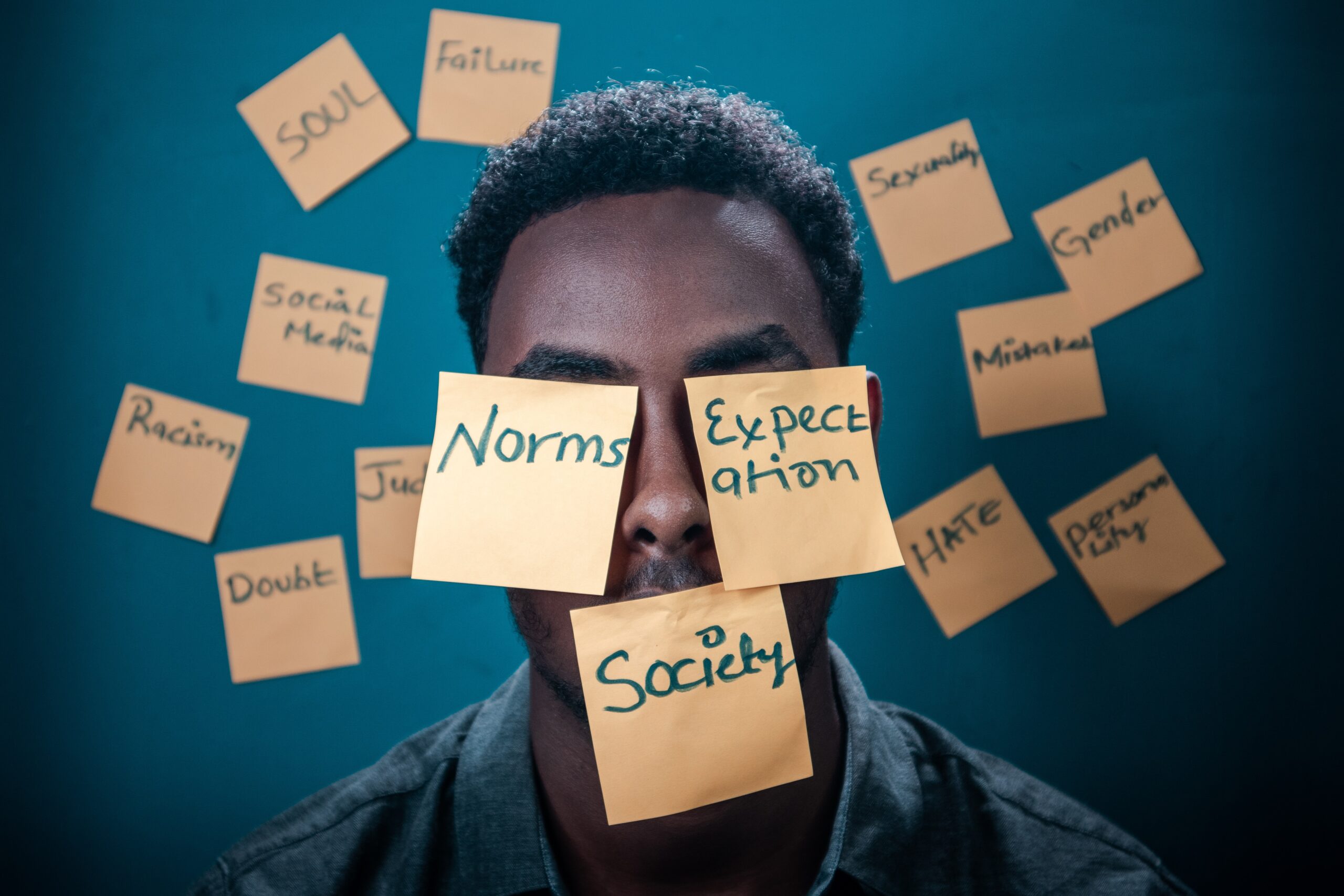Ideas of self-doubt and personal incompetence, unSplash by Yasin Yusuf
By Edgar Ramirez Jr, Staff Reporter
As people become more successful, they might believe they are not worth all of their achievements. Developing feelings or ideas of self-doubt and personal incompetence despite their past accomplishment or where they are at. This is known as imposter syndrome, although it is not a mental illness it is associated with depression.
The name was first coined in 1978 by Dr. Pauline Clance and Dr. Suzanne Imes, who were studying the case of graduate students experiencing feelings of self-doubt during their time at graduate school.
“I feel nothing I do or turn in is worth the grade I receive,” said Brenda Sanchez-Barrera, a junior at CSUDH with imposter syndrome.
Many studies were done by the National Institute of Health, analyzing how common imposter syndrome was in a variety of people. Due to the many studies, they found that a wide number of people could develop feelings of personal incompetence. Dr. Norma Quintero, a clinical psychologist at CSUDH says that imposter syndrome affects everyone and “it can be felt by everyone at any given point in life.”
Quintero says that talking about feelings of self-doubt allows students to understand just how many people are affected by imposter syndrome. Another would be replacing ideas or thoughts of incompetence to positive ones.
She explained this in an event about imposter syndrome on Oct. 16. CSUDH Toro Dreamer’s Success Center and Student Psychological Services collaborated to bring students an event about the phenomenon.
Berrera said that when she talks about imposter syndrome with personal friends or family it makes her feel as though she’s not alone. That someone understands her.
Another coping mechanism for imposter syndrome is battling racism and stereotypes, Quinter said stereotypes are a prime example to create incompetence in one’s mind, since they are an oversimplification of a group of people. Racism and stereotypes put people of color down thus creating ideas related to imposter syndrome.
“You feel the world around you is judging based on your race,” Barrera said.
Imposter syndrome can get worse with time if it is not taken seriously. Adding a lot of other factors that affect people in their daily lives. Preventing them from being successful in their field of profession or education.
Quintero said that students who suffer from the imposter phenomenon deny themselves from opportunities that will otherwise be good for them. Opportunities like applying for scholarships or getting involved in extracurricular activities. She said that imposter syndrome “limits students’ capabilities and abilities.”
Barrera said that imposter syndrome starts to flare up the most during midterm and final weeks. When taking on big projects, she feels the most uneasy.
“I get in slumps where I tell myself ‘I can’t do this, I don’t belong here,” Barrera said. “It lasts for a while until I snap myself out of it.”
Quinter says that she created the event in order to bring awareness to imposter syndrome. So that students can support and nurture one another, and in turn can give less power to feelings of unworthiness.
“Anyone can get it,” Barrera said. “One day it’ll hit you or it’ll start building up to that.”
When Barrera gets feelings of imposter syndrome, she takes a step back, breathes in and out. While also looking back at her previous accomplishments. Although what might work for Barrera may not work for everyone. It all depends on the person and how severe imposter syndrome is that person.

